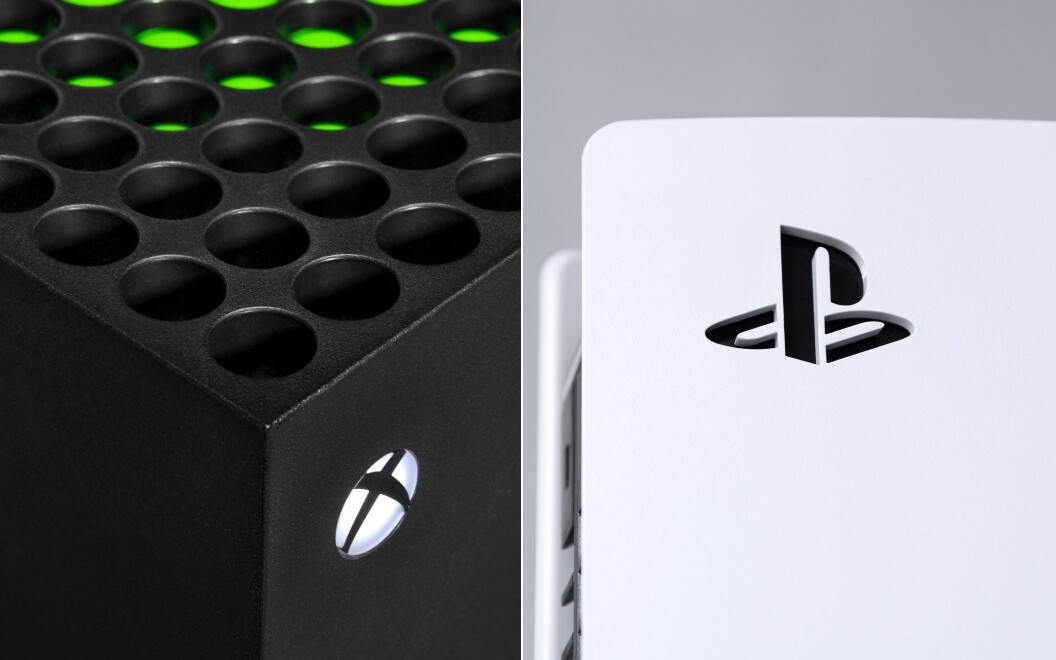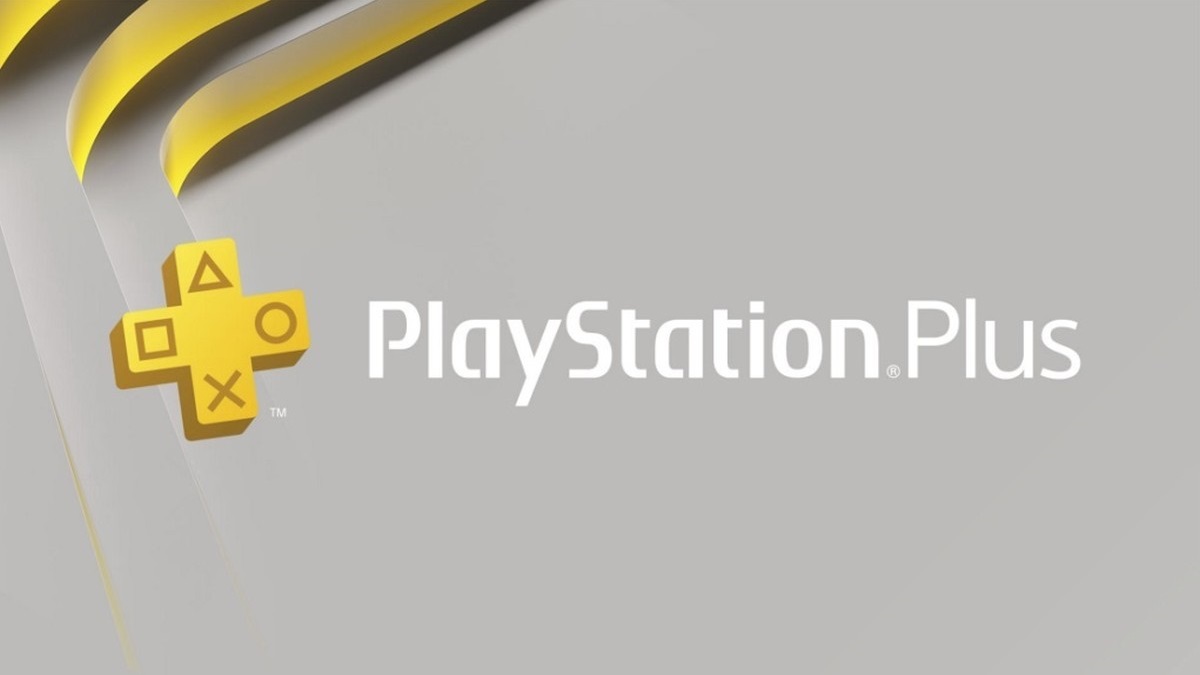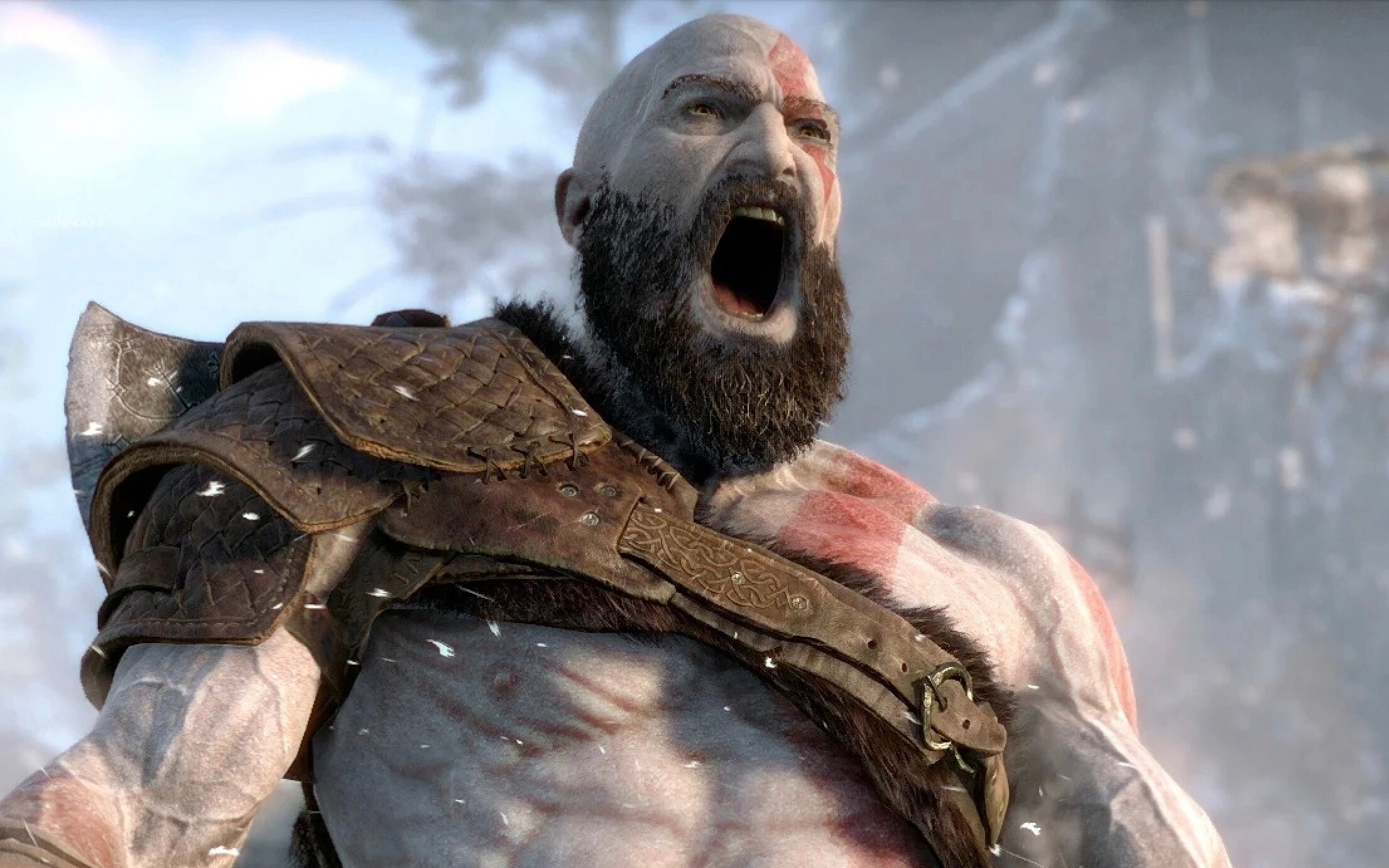We live in a state of constant change. I know this is a worn out phrase that I have used many times in my texts, but this is what it looks like. The world hates a vacuum, and we can apply this to any field we work in on a daily basis. In some cases the development is slow and almost imperceptible to the naked eye, while in others it appears to bear the features of a dynamic revolution.
This also applies to our beloved video game industry. Here, almost every year brings new conclusions, helps build new theses and makes us wonder what the future will bring. Given the relatively young age of the field, it is difficult to rely on autopsies. However, you can notice. By carefully observing certain movements, it is possible to deduce something.
And lately, I’m becoming more and more inclined to believe that we’re approaching the point where the console market won’t look the same as it does now. Trends, demand, and distribution of funds change as well as audience preferences and creators’ plans. Whatever it may seem, it is not black magic. Let me start from the beginning to explain exactly what I mean.
Changes, changes, changes…
As I mentioned, changes are constantly happening, and there is practically no point in arguing with them. This has been particularly evident in recent months. The console market has always been inextricably linked to publisher clashes – it’s not about direct duels, but about technological competition, showing off and fighting for the recipient’s time and attention. We’ve seen this between Microsoft and Sony in recent years.
However, the situation is changing significantly. Just pay attention to what the exclusivity issue has been like lately. Often we are dealing with temporary singularity rather than complete singularity. In fact, we seem to be slowly moving towards the widespread disappearance of this concept altogether. When a new title debuts on PlayStation, we can almost be sure that it will also be announced on PC in the next few months.
As for Xbox products, they have also been released on PCs running Microsoft systems for a long time. But recently, the American company has become more willing to release its productions on PlayStation! After all, there’s been a lot of talk about the debut of titles like HiFi Rush, Grounded, and the very popular Sea of Thieves.
Exclusivity is simply fading – at least to the same extent as it has over the past few generations. Why? Because to some extent, releasing games exclusively limits the number of recipients. So where does all this lead us? To the money! Short Ball – The more money, the better. And later games cost more and more.
The end of consoles as we know them?
But all this does not end at the issue of exclusivity. There are many, many changes. Let’s take a look at the subscription issues. You can say what you want and you can be a huge opponent to them, but the truth is that they seem to be the path that more and more companies are taking. Xbox has its own Game Pass service, PlayStation Plus, and Nintendo even offers a subscription for owners. We know that publishers are also moving in this direction.
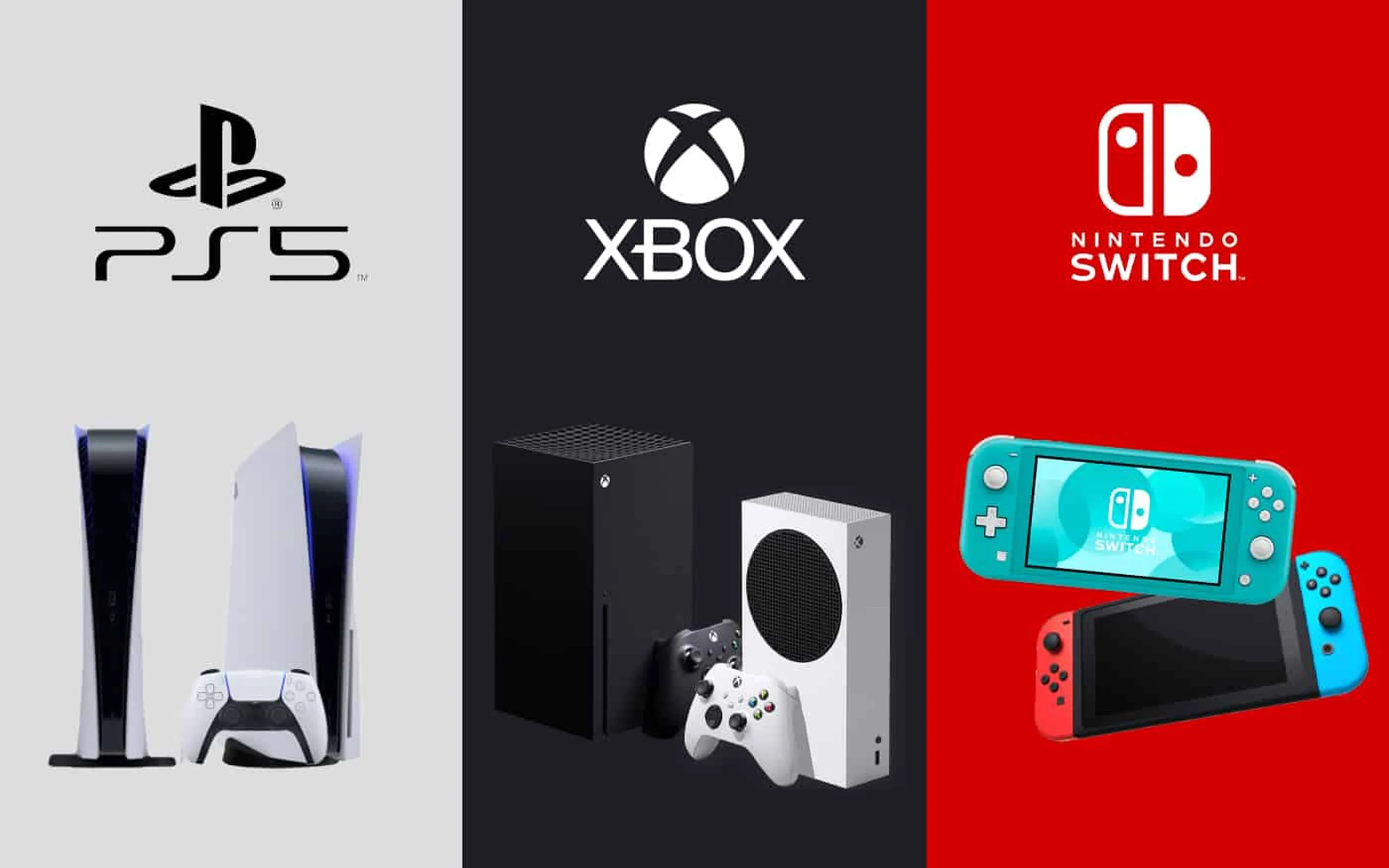
Anyway, let’s take a look at the pricing of Ubisoft games and how much they promote using their subscription model. This of course translates into other sales options. Are boxes a thing of the past? Yes a little. I’m not saying they will completely disappear from store shelves, but their popularity is definitely decreasing. Reports submitted every year confirm the downward trend.
And this is not the end, because who knows, maybe at some point, the consoles themselves – as we currently know them – will become a kind of relic and status. Maybe as connection speed increases and stability improves on a global scale, streaming will become more powerful? This is of course a long-shot conclusion, but given that companies are lowering their expectations regarding console sales, it may not be so far-fetched after all…
Finally, it’s also worth noting that the younger generation is simply moving away from the form of gaming we’ve known from our early years (I wrote more about it some time ago). Today, it’s no longer consoles that rule, it’s smartphones. When I ask my stepson and his friends what their dream First Communion gifts are, the answer is rarely a console. The most common are mobile phones, tablets and computers (preferably “luminous”).
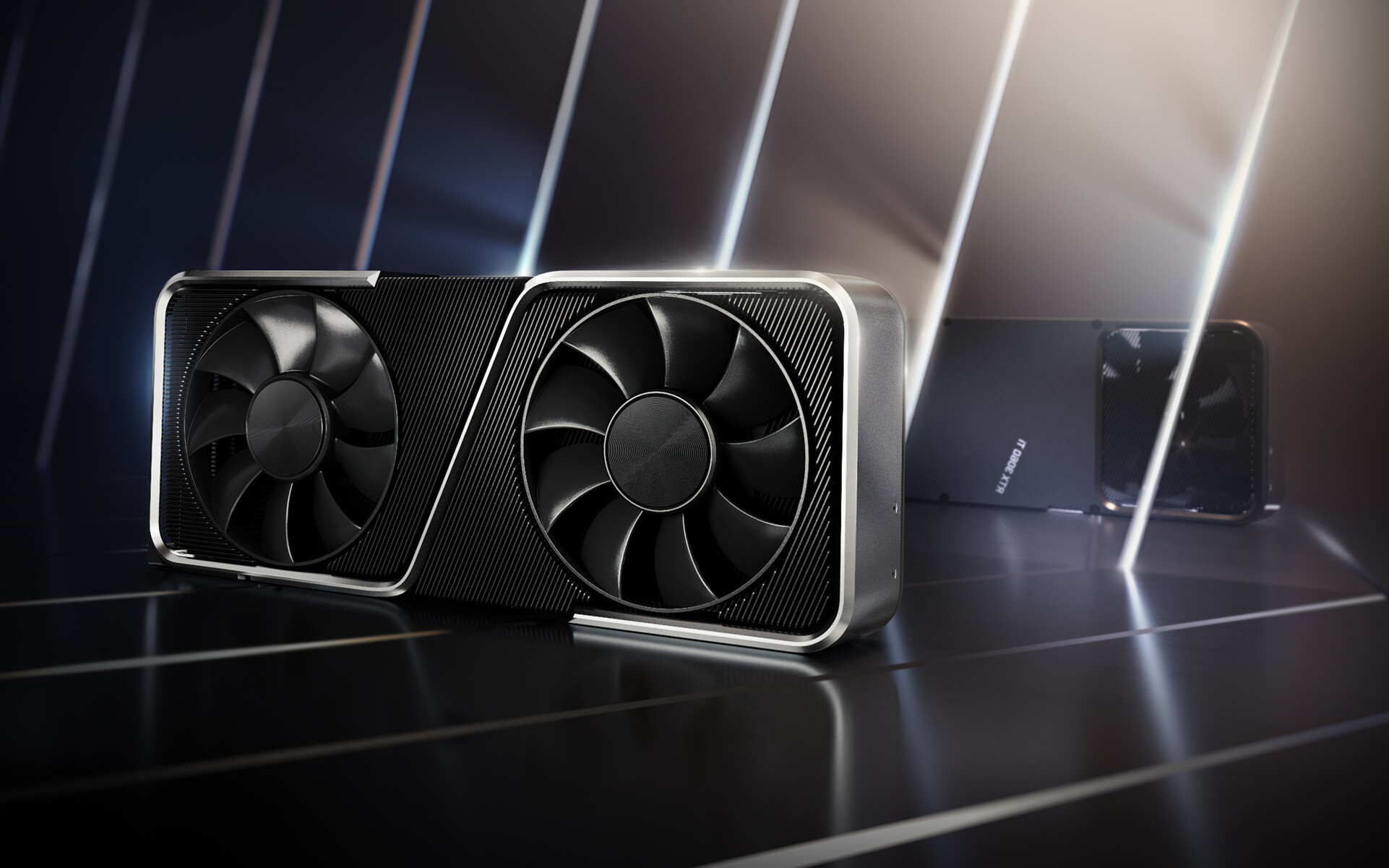
to summarise…
Whether we like it or not, in order to survive and continue to make profits, companies must follow trends. Ultimately, this does not mean that we adapt to the form imposed on us today. The competition is so huge that the winner is the one who best meets the needs of the audience – the one who can ride the wave of popularity. This seems to be heading towards the end of consoles as we know them today.
Finally, I’d like to reiterate that when I write about the “end of consoles” I don’t mean burying them alive. Firstly, it’s a long process, and secondly – just as with physical game releases and collector’s editions – all of this will remain with us, but on a much smaller scale. Or will the forces reverse again? After all, even when the trend seems clear, the pace of change is difficult to predict.

“Prone to fits of apathy. Introvert. Award-winning internet evangelist. Extreme beer expert.”

